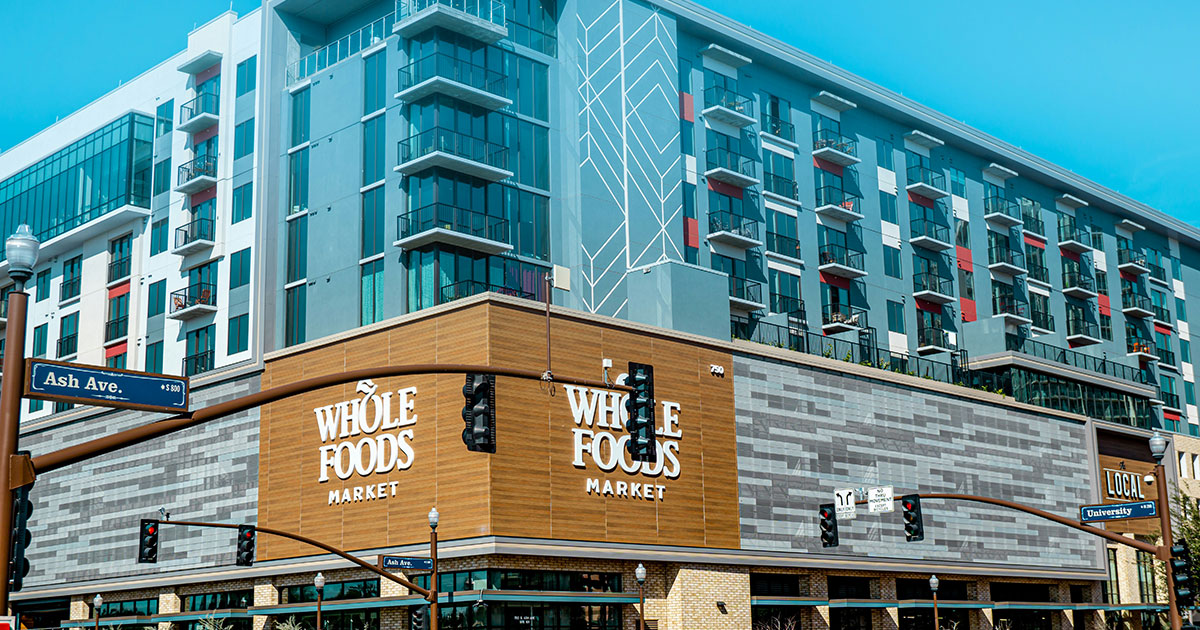
SEO for Commercial Real Estate: Strategies to Boost Visibility and Drive Leads
In the highly competitive world of commercial real estate (CRE), location might be king in the physical world—but search engine optimization (SEO) rules the digital one. Whether you’re marketing office spaces, industrial facilities, or retail properties, having a strong SEO strategy ensures your listings and services are easily discoverable online.
This article explains how SEO for commercial real estate works, why it matters, and which strategies you can implement to increase visibility, drive qualified traffic, and generate more high-value leads.
Why SEO Matters in Commercial Real Estate
Most Searches Start Online
Decision-makers often begin their property search with a Google query like “commercial office space in Denver” or “warehouse for lease near me.” If your website doesn’t appear in the results, you’re missing out on serious opportunities.
SEO Brings Qualified Leads
Unlike paid ads that disappear when your budget runs out, SEO delivers long-term, organic traffic from users actively searching for commercial real estate solutions. These are high-intent users who are more likely to convert.
Competitive Edge
Few CRE companies fully optimize their websites for SEO. By investing in it now, you position yourself ahead of less savvy competitors—and get found more often than firms relying only on offline referrals or pay-per-click ads.
Key SEO Strategies for Commercial Real Estate
Local SEO Optimization
Local search is critical in commercial real estate. People search by city, neighborhood, or even zip code.
Local SEO Tips:
- Create individual landing pages for each city or region you serve.
- Add your business to Google Business Profile, LoopNet, and local directories.
- Use geo-targeted keywords like:
- “commercial properties for lease in [City]”
- “industrial buildings in [Zip Code]”
- “medical office space near [Neighborhood]”
Bonus Tip: Add localized FAQs to each service or location page to help with voice search queries like “Who leases flex space near me?”
Keyword Research
Choose keywords that reflect what your ideal clients are searching for. Focus on long-tail keywords for better targeting and lower competition.
High-Intent Keywords:
- “Class A office space [City]”
- “Warehouse for rent near [Location]”
- “Retail space investment opportunities [City]”
Use tools like Google Keyword Planner, Ahrefs, or SEMrush to identify search volume, search intent, and seasonal trends.
Optimize Property Listing Pages
Each property listing should have a unique, optimized page that includes:
- Title Tag: “Retail Space for Lease in Dallas – [Square Footage] Available”
- Meta Description: “Explore premium retail properties in Dallas. View floor plans, amenities, and leasing info.”
- Keywords in headings, descriptions, and image alt tags
- Fast load times and mobile-friendly layouts
- Schema markup to help Google understand content and show enhanced search results
Pro Tip: Don’t just copy-and-paste descriptions from brochures. Unique copy improves both SEO and credibility.
Create Valuable Content
Publishing blog articles, market reports, or investment guides can improve search rankings and establish your firm as a thought leader.
Content Ideas:
- “Top 5 Emerging Neighborhoods for Commercial Development in [City]”
- “What Tenants Should Know Before Leasing Office Space”
- “CRE Market Forecast for 2025”
- “How to Finance Your First Commercial Investment Property”
Consistent blogging increases the number of indexed pages on your site, which helps search visibility.
Use Schema Markup
Schema markup (structured data) helps search engines better understand your listings, improving how they appear in search results.
Example:
Mark up addresses, property types, prices, square footage, and availability with real estate schema.
Result:
Your properties can appear in rich snippets with pricing, location, and other key details directly in search results—making your listings more clickable.
Build High-Quality Backlinks
Backlinks from reputable industry sites signal trust and authority to search engines.
Link-Building Ideas:
- Submit listings to trusted CRE platforms like CoStar, CREXi, and Biproxi
- Publish guest articles on real estate and investment blogs
- Sponsor or speak at local commercial real estate events and get featured on event sites
- Request links from partner companies, vendors, and chambers of commerce
Mobile Optimization
Most users browse property listings on mobile devices, which highlights the importance of mobile optimization. Your website must be responsive, fast-loading, and easy to navigate on small screens.
Mobile SEO Tips:
- Use thumb-friendly buttons and large font sizes
- Compress images for faster load times
- Ensure interactive features (like map searches or filters) work on all devices
Pro Tip: Use Google’s Mobile-Friendly Test to identify and fix usability issues.
Track and Improve
Use tools like Google Analytics, Google Search Console, and Hotjar to monitor:
- Organic traffic trends
- Top-performing keywords
- Bounce rate and user engagement
- Which listings or blog posts generate the most inquiries
Use the insights to refine your SEO strategy regularly—SEO is not a one-and-done task.
Common SEO Mistakes in Commercial Real Estate
- Using the same description across multiple listings (duplicate content)
- Ignoring mobile optimization
- Forgetting to update listings once they’re leased or sold
- Not targeting hyperlocal keywords
- Relying solely on branded search terms (e.g., “MetroCRE”)
- Having slow or outdated websites without HTTPS
- Neglecting image alt tags and metadata for listings
Conclusion: Make SEO Your Competitive Advantage
SEO for commercial real estate is more than just a digital marketing tactic—it’s a business development tool. By investing in local SEO, optimizing your property listings, and consistently publishing relevant content, you position your firm as a trusted authority in your market.
Whether you’re a broker, property manager, or development firm, treating SEO as an essential part of your CRE marketing strategy will pay long-term dividends—generating more visibility, more qualified leads, and more closed deals.




